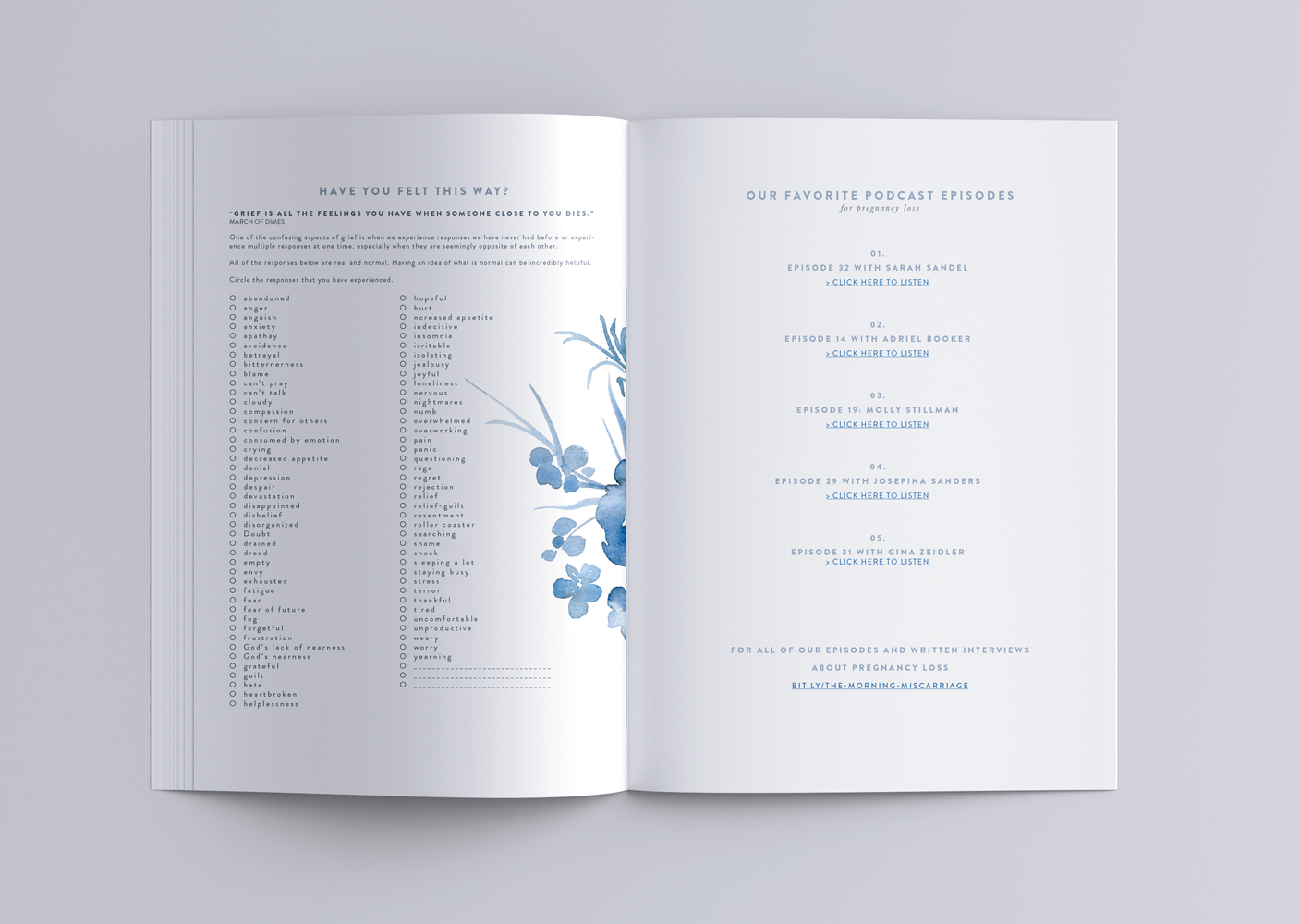The Gift of Parenting while Grieving
by Renee Emerson
The morning after my daughter Kit died, I got up and fixed breakfast. I poured cereal in plastic pink kid bowls, combed hair out of eyes, said a prayer. I could have never eaten again. I wanted to stay in my bed and never open my eyes again to a morning that did not include my fifth baby girl.
Kit had been diagnosed with a rare CHD and DiGeorge syndrome in utero, at our twenty-week ultrasound; she, and consequently, we as a family, had spent the entire five and a half months of her life half-living in the CICU. Parenting Kit was one job, and parenting our four other daughters, ages 2 through 8, was another job, both full-time . Sometimes it felt like living in parallel universes—a day at the zoo looking at animals, because little Kit was coding too often to have siblings in and out of her room. Staying at the hospital holding her for as long as I could, breathing tube clipped in place to my shirt, while my husband took the kids trick-or-treating, all Elsas and Hermiones.
After Kit died, cut off from ECMO as a stroke cascaded through her brain and she drifted farther and farther from us, my husband and I came home. And there were four little girls, still waiting to be tucked into bed, still hoping for us to come kiss them goodnight.
At first I wondered how God could expect this from me—to be a good mother to my four children, baffled at their sister’s death, while also trying to understand it myself. But as the days and weeks went on, I came to see that parenting after loss is a gift.
It was a gift to be asked daily and openly about Kit in a way that an adult would never have the guts to ask, even though sometimes the simple, childish questions cut deep.
“You put her in the ground?” our two-year-old asked, on the drive home after a visit to the cemetery. “I don’t like that. She’s in the ground?”
“I don’t like it either, honey. But it isn’t where her soul is; it isn’t where she is at all really.”
It was a gift to say the right answers—the truth—even when I was having a hard time believing that truth myself. “God loves you, and loves Kit. God is good.” I would tell them, wrestling with the words as I said them.
It was a gift the way my children kept Kit’s name in the air, kept everything open in a way I would not have.
Because of the children, we went to family grief therapy, and, because of the children, we didn’t miss a day of the eight-week session. We set up family traditions to help them remember her—cupcakes on her birthday, cemetery visits, remembrance walks—and in that way had traditions for ourselves too. I started an open journal for myself and my two oldest daughters, where we could write how we felt each day, ask questions, give answers. Sometimes all I saw was a drawing of a sad face with tears. Still, three years later, I sometimes see that someone wrote “I miss Kit” in the journal.
In the same way that my children kept my hands busy and moving with all the necessary tasks of motherhood, they kept my heart moving too. If left to myself, I would have sealed up that part of my life, the part of me that was Kit’s mother, like a tomb. But because of my children, wanting to talk about their sister and what happened, I kept myself open. Because of my children, I open my eyes every morning.
Meet the Author: Renee Emerson
Author Bio: Renee Emerson is a homeschooling mom of seven (five on earth, two in heaven), and the author of Church Ladies (forthcoming from Fernwood Press, 2022), Threshing Floor (Jacar Press, 2016), and Keeping Me Still (Winter Goose Publishing, 2014). She adjunct teaches online for Indiana Wesleyan University, and blogs about poetry, grief, and motherhood at www.reneeemerson.com.
Connect with Author: @i_heart_kit
free online community
find women understand this new normal and will provide hope and help as you navigate your way through it.
free resource bundle
WE’VE HELPED THOUSANDS OF WOMEN NAVIGATE LIFE AFTER BABY LOSS - AND WE’VE PUT ALL OUR BEST TIPS IN ONE ULTIMATE RESOURCE BUNDLE. FOR FREE. FOR YOU.



















![Hope & Healing When A Motherhood Journey Ends in Loss, Adoption Loss & Parenting After Loss | Episode 149 with Jenni Hunt [Part 01]](https://images.squarespace-cdn.com/content/v1/5d8e6e4f37fce41a1f622e01/1644527317637-Q7TTN59OZTI8YQOXYVMM/Baby+Loss+Miscarriage+2nd+trimester+loss+infant+loss+stillbirth+Adoption+Loss+Parenting+After+Loss+Bereavement+Doula+Jenni+Hunt-2.jpg)
